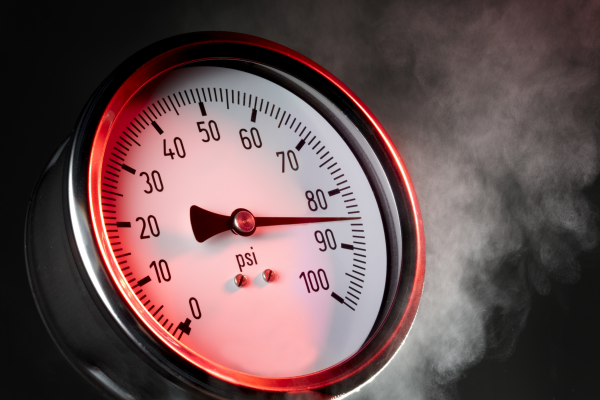The medical device sector is pushing back in response to reports it is facing renewed pricing pressure ahead of next year's private health insurance premium round.
As reported by HealthDispatch last week, the federal government is pressuring the sector to accept price reductions with the goal of delivering an average annual premium rise of potentially less than 3 per cent.
It is understood the discussions are significantly focussed on high volume but relatively low priced items on the Prostheses List.
Private Healthcare Australia has called for a 'National Procurement System' for prostheses.
The medical device sector does have a strategic agreement under which the federal government agreed to, "Making no other changes to benefits on the Prostheses List during the term of this Agreement without agreement with the MTAA on behalf of the industry."
According to Ian Burgess, the CEO if the Medical Technology Association of Australia (MTAA), “The devices industry was the sole contributor to lower private health insurance premium increases both in 2017 and in 2018. MTAA’s Agreement with the Government is on track to exceed $1.1 billion in expected savings.”
He continued, “The claim that the listing of new, innovative and more clinically effective technologies is somehow a negative, is completely absurd and demonstrates that the insurers have lost focus on patients.”
Mr Burgess said the profitability of private health insurers has grown while a recent report commissioned by the MTAA identified additional opportunities to reduce costs across the sector.
“Patient and clinician choice is a key part of the value proposition of private health insurance, one that risks being eroded by the false claims made by insurers about the cost of devices,” said Mr Burgess.
“The medical technology industry believes access to a full range of medical technology is one of the key benefits of having private health insurance and we’re committed to helping ensure all Australians lead healthier and more productive lives,” he added.
